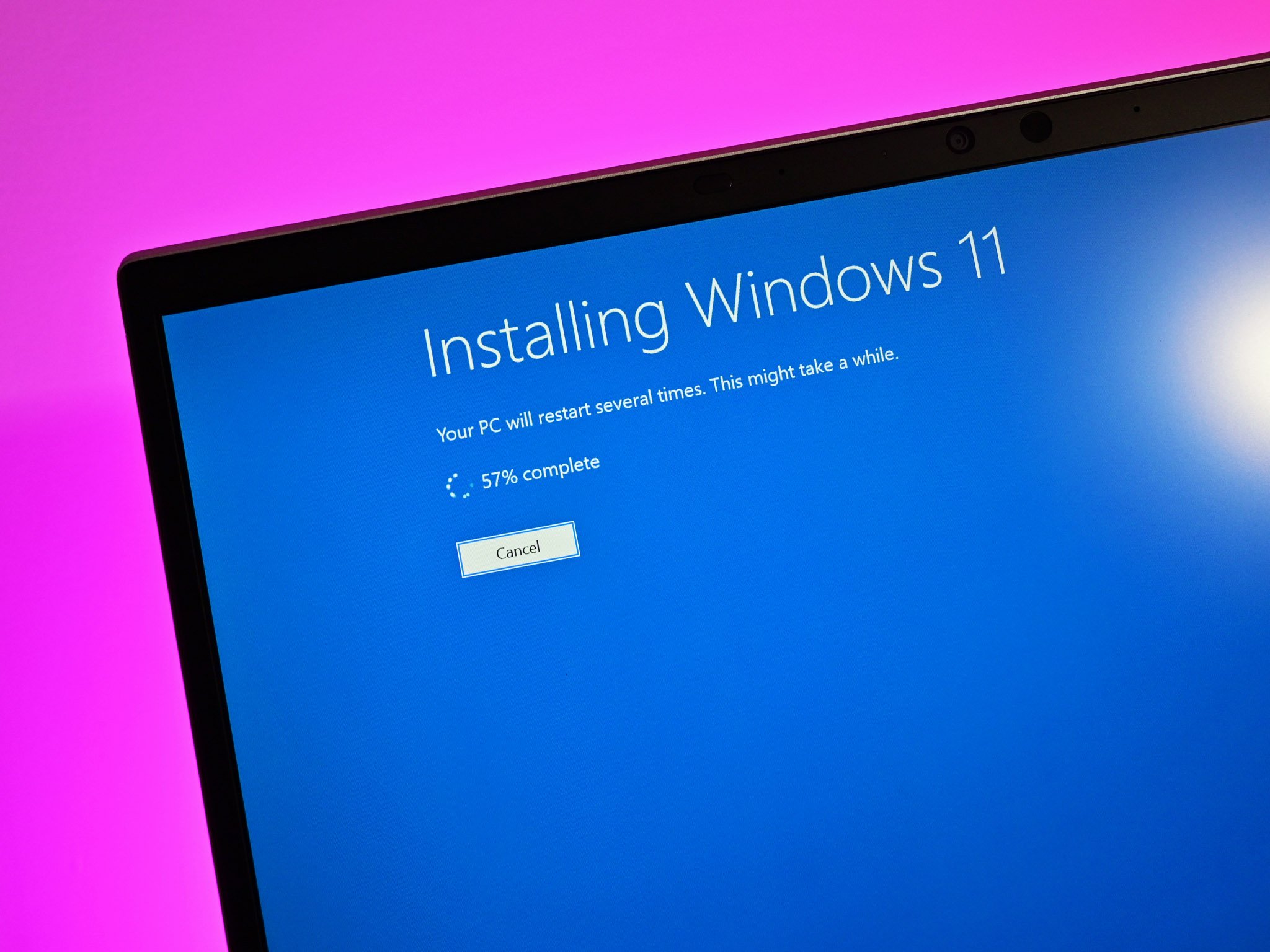To install Windows 11 or not?

Only three known bugs, no forced installation: Officially, Windows 11 runs smoothly, but in practice there are a few things to keep in mind.
Windows 11 will be available from 5 October 2021, in version 21H2 with build 22000.194. This inevitably raises the question for many users: to install Windows 11 or not? The answer is simple: if you can live with known and unknown bugs and want to try out new features, you should install it; otherwise, wait another month or two.
Apart from devices that come directly with Windows 11 Home or Windows 11 Pro, there are several ways to install and download Windows 11 on your own PC. Whether this works depends on whether Microsoft classifies the respective computer as compatible, which can be checked via the app PC Health Check.
Install and upgrade to Windows 11 Pro or Windows 11 Home
The simplest variant is via Windows Update or via the installation wizard, via a downloadable ISO image or via the Media Creation Tool for a bootable USB drive.
It is important that the minimum requirements, including Secure Boot and TPM 2.0, are active, otherwise the installation will be aborted - with or without an error message, depending on the medium.
Those who use unsupported hardware can use the registration key published by Microsoft to bypass the TPM 2.0 restriction. In this case, however, the manufacturer reserves the right not to provide (security) updates in the future. Users should be aware of this risk and be aware of the consequences, says Microsoft.
AMD systems are currently slower

Officially, there are only three known bugs in version 21H2, although these Known Issues are quite specific: The first concerns a compatibility problem with VirtualBox when Hyper-V is switched on; the second revolves around Intel's SmartByte software for WiFi modules, where UDP packet loss can occur; and the third concerns the Vietnamese Cốc browser.
However, the list does not include the problem that AMD Ryzen CPUs are slower in Windows 11 than in Windows 10 because the scheduler does not work as it should and the L3 cache latency is too high. The current versions of the Insider Programme fix this bug and a patch for version 21H2 will be released in October 2021.
The list of errors is getting longer and longer
Despite months of testing, the problems usually only appear when thousands or millions of devices are running Windows 11. Some of these problems have been known for some time, but have found their way into the release version.
When upgrading from Windows 10 to Windows 11 or when simply installing Windows 11, for example, the old taskbar reappears and the Start menu does not work. A similar error occurs in File Explorer, which also has a memory leak in some cases.
So far, there are no known serious bugs, i.e. those that crash the system, paralyse basic functions or make the PC easy to attack. According to Intel, Windows 11 is practically mandatory for Alder Lake to achieve the best battery life and performance, although independent tests have not yet proven this. We'll see how it all turns out.... The prudent thing is to try.




